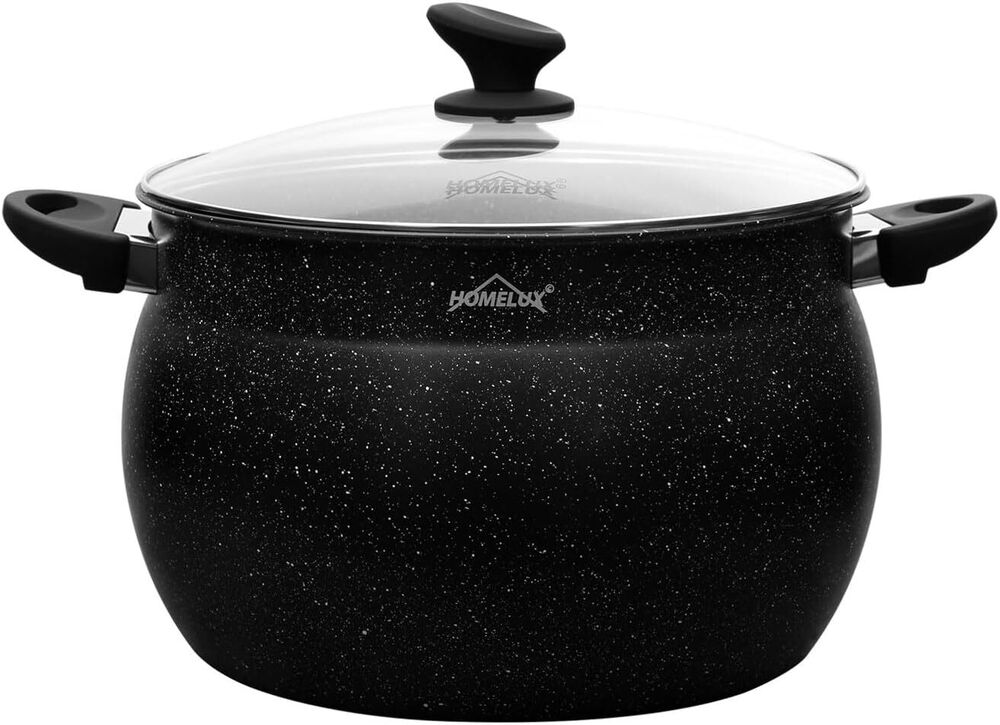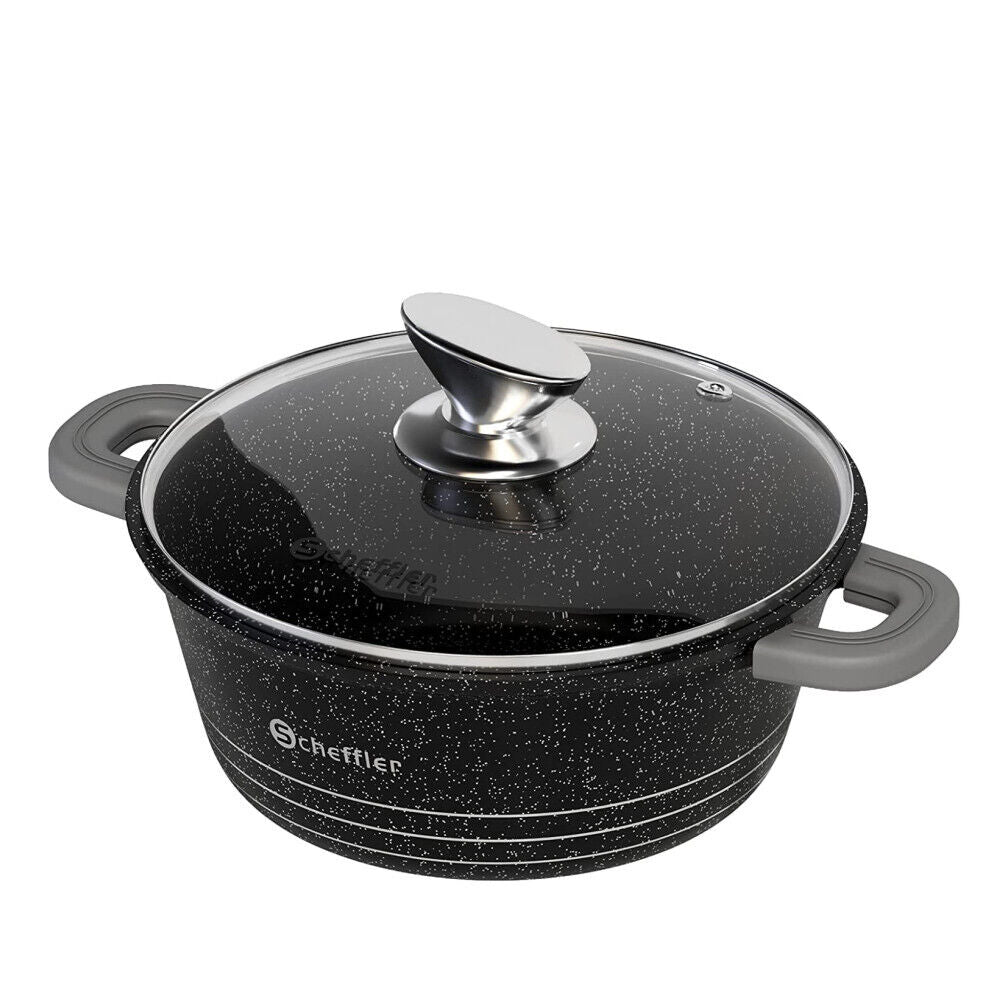Restaurant Additional costs: One euro for a slice of lemon?
The question of additional costs in restaurants
In this day and age, when people are eating out more and more and the restaurant industry is constantly growing, more and more questions are being asked about the costs associated with eating out. One question that many people might ask is: "Do you think it's cheeky when you eat in a restaurant and you're charged a euro for a lemon in your Coke?"
First of all, it is important to understand that restaurants are like any other businesses that need to make a profit in order to survive and thrive. The costs of running a restaurant business include not only the cost of the food and beverages, but also the cost of staff, rent, maintenance, and many other aspects.
An example that many people like or might like is the calculation for a lemon in the Coke. One could argue that a lemon doesn't cost much and therefore it seems unreasonable to charge a euro for it. But there are some things to consider:
- Cost of operation: The costs of purchasing, storing and preparing lemons can be significant. Additionally, there are the costs of staff cutting and serving the lemons.
- Quality and sustainability: Sometimes restaurants only use high-quality, sustainably produced lemons, which increases costs.
- Service and experience: A restaurant not only provides food, but also a service and an experience. Providing lemons can be part of this service, giving guests a pleasant experience.
- Economic efficiency: Some restaurants have a policy where additional charges for extras such as lemons are communicated transparently to inform guests of the total cost.
However, it is also important to recognize that there are limits, and overpricing for small things like a lemon in your Coke can be seen as excessive. The balance between fair pricing and providing a first-class experience is crucial.
Ultimately, the answer to this question depends on the individual's expectations and values. Some guests may consider these additional costs an indispensable part of the restaurant experience, while others may have a different opinion. It is important that restaurants are open about their costs and give guests the choice of whether or not they want to take advantage of these additional costs.
With this in mind, it is important to think about the costs associated with dining out and the choices we make based on our own values and expectations. Because ultimately, the value we place on dining out is more than just the cost of the food and drink brought to the table.

Q&A
Question: Why do some restaurants charge for a slice of lemon in their Coke?
Answer: Some restaurants charge extra for extras like lemons due to operating costs, the quality of ingredients used, the additional service and to provide transparency into the total cost.
Question: Is one euro for a slice of lemon excessive?
Answer: The perception of whether the price is excessive depends on the guest's individual expectations and experience. While some guests may find the price justified, others may see it as too high.
Question: How can restaurants fairly communicate their additional costs?
Answer: Restaurants can communicate fairly by clearly listing additional costs on the menu and informing guests in advance so there are no surprises.












